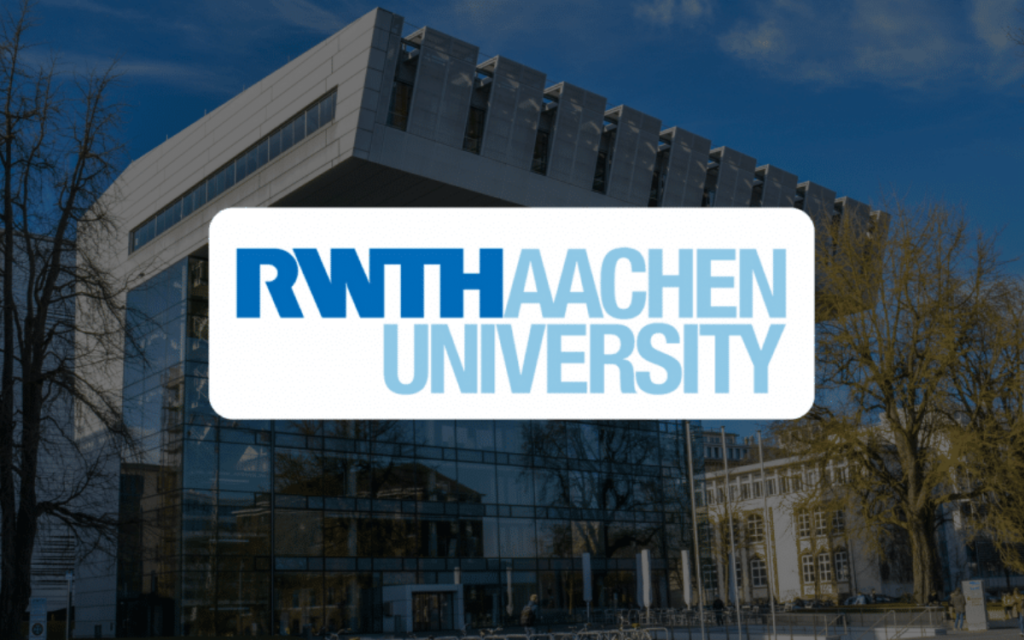RWTH: Research network GERRI presents position paper on circular economy
On the occasion of the kick-off event of the dialogue platform for recycling raw materials, the German Raw Materials Research Network GERRI published a new position paper entitled “Responsible Raw Material Supply”. In it, the network, to which RWTH Aachen University and eight other research institutions belong, shows the research and innovation requirements for a resource-efficient, climate-neutral and circular raw materials management.
With a view to the growing world population and the maintenance or improvement of the standard of living, if the previous economic processes are retained, the demand for resources will continue to increase, according to the position paper. In order to significantly reduce this enormous consumption of resources and the associated effects on the environment and climate, the supply of secondary raw materials must be increased considerably and the extraction of raw materials must generally be made more resource-saving and climate-neutral.
The GERRI research association shows starting points for leaps in innovation along the raw material cycle. The aim is to significantly increase resource efficiency overall with the long-term goal of largely closing the material cycles. Together with a targeted design of the framework conditions, a longer useful life of the raw materials in products and product cycles and the most complete possible recovery of the raw materials contained in the products at the end of their life, the technical approaches and innovations described can guarantee a responsible supply of raw materials over the long term, explain the Network of participating research institutions.
“An important innovation lever is digitization and artificial intelligence, AI, both in connection with technologies and for modeling and controlling the entirety of material flows,” says Dr. Volker Steinbach, spokesman for GERRI and Vice President of BGR. “Interdisciplinary and systemic research efforts must also be intensified and cooperation between research and industry at the European level must be strengthened,” said Steinbach.
Mineral raw materials such as metals, minerals and building materials are a diverse component of everyday life and the foundation of the manufacturing industry. They are contained almost everywhere, such as in traffic and building, traffic and energy infrastructure, in electronics and everyday products. They are produced and used in considerable quantities. In 2020, their production volume was 54 billion tons worldwide.

